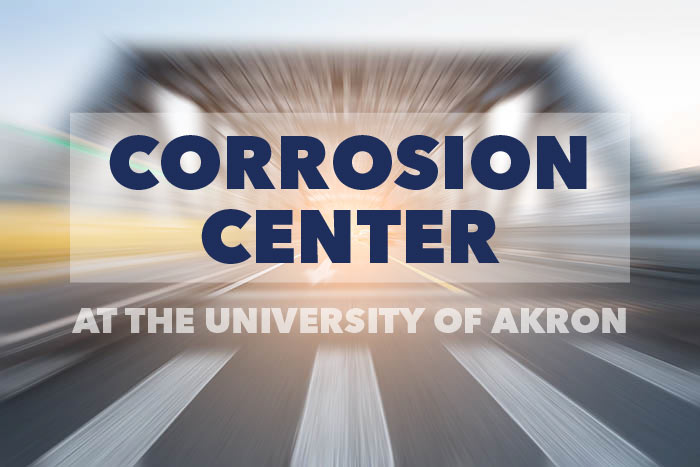Faculty Lab
This lab is lab for conducting corrosion related research. This lab is designed for research interest, which includes localized corrosion, corrosion inhibition, corrosion sensors and environmentally assisted cracking. It supports research activities for NCERCAMP as well as broad activities of the CPO’s UCC/TCC and industry sponsored projects.
Enhancing NCERCAMP’s Capacity to Support Research
The equipping and use of this lab is intended to support advanced corrosion-related research, development, testing activity and training. This is a faculty-specific lab and the following areas of corrosion research will be carried out: (1) mechanistic study of various forms of localized corrosion such as pitting corrosion, crevice corrosion, interfacial corrosion phenomenon, etc. (2) laboratory investigation and predictive model for interactions between corrosion inhibitors and metallic materials in corrosive environment. (3) Microelectrode and coupled microelectrode array for better corrosion monitoring and assessment in challenging environment. (4) Study of stress corrosion cracking and hydrogen induced cracking. Currently, this lab can perform tests at elevated temperature, atmospheric pressure under different benign (non-toxic) atmosphere. This lab has served as a training facility for a wide spectrum of students, from postdoctoral researcher, graduate student, undergraduate student (esp. Corrosion Engineering major), and high school students interested in STEM programs.
Equipment & Lab Uniqueness
This lab currently has the following equipment:
- Potentiostat: one multichannel (8) potentiostat, one dual-channel potentiostat, and one single-channel potentiostat. Two Faraday cages provide noise reduction
- Load frame: one 5000 lb load frame for stress corrosion cracking and corrosion fatigue testing
- Tensiometer: K100 force tensiometer for contact angel and surface tension measurement
- UV-Vis spectrophotometer: solution composition and water quality analysis
- Rotating system: one rotating system to study the flow effect
- Multichannel microelectrode analyzer: special equipment to study small, multielectrode system or sensors
Deliverables
This is a faculty-specific lab and serves to research in the four areas: localized corrosion, corrosion inhibition, corrosion sensors and environmentally assisted cracking. This lab can support both government and industry specific research projects. This lab also has the capability to perform many standardized tests (such as ASTM). Another important aspect for this lab is corrosion research education/laboratory experience for multiple levels of students, especially Corrosion Engineering major undergraduate students. One example is a Corrosion Engineering student is currently performing ASTM standard test for an industry company.

